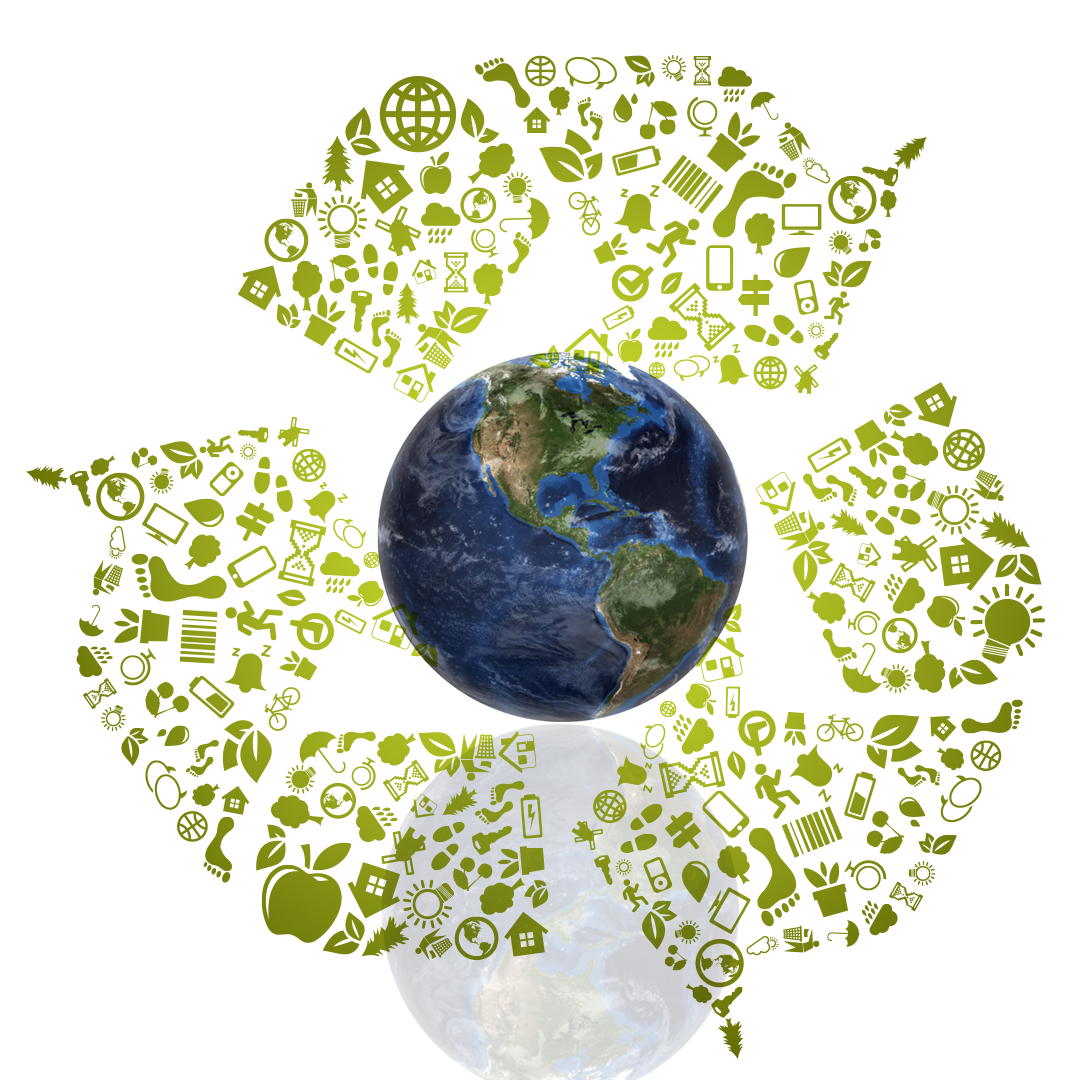Input to EU Circular Economy Action Plan
As part of the new European Green Deal, the European Commission published on 11 March 2020 A new Circular Economy Action Plan For a cleaner and more competitive Europe (COM/2020/98).
This plan aims to steer development on the path which helps Europe to mainstream circular economy, achieve climate neutrality by 2050 and decouple economic growth and natural resource exploitation. It calls for a regenerative growth model, in which we give back more to the earth than what we extract, thus securing economic development and natural resource use within the planetary boundaries. By the end of the decade, EU should have doubled the rate of recycled material use. On the global level, an intriguing aim of the plan is to explore a “Safe operating space” for natural resource use and an international agreement on the management of natural resources.
The action plan kickstarts a process in which, during the coming 2-3 years, should involve all governance levels in defining objectives and rules, adopting sustainable practises and processes, streamlining regulation and adapting it to support a sustainable future and developing and deploying economic and financing mechanisms to support this transition.
Focusing on the role of local and regional authorities in this process, the European Committee of the Regions (CoR) have an ongoing stakeholder consultation, open with a deadline extended to 29 May 2020.
SuMaNu platform submitted a joint contribution to the consultation, which supports the formation of the CoR position on the New Circular Economy Action Plan (CEAP) later in autumn 2020. The focus of SuMaNu’s contribution, titled ‘Regions in key position for nutrient recycling’, is in the specific discussion points raised in the CoR Working document. It considers framing the CEAP in the global context, objectives and target setting, the role of local and regional authorities, the economic system and taxes and the ‘no-waste’ philosophy. In addition, it raised priority considerations for the EU initiative on Integrated Nutrient Management as part of the CEAP.
The policy input document, titled “Regions in key position for nutrient recycling” can be downloaded here.

